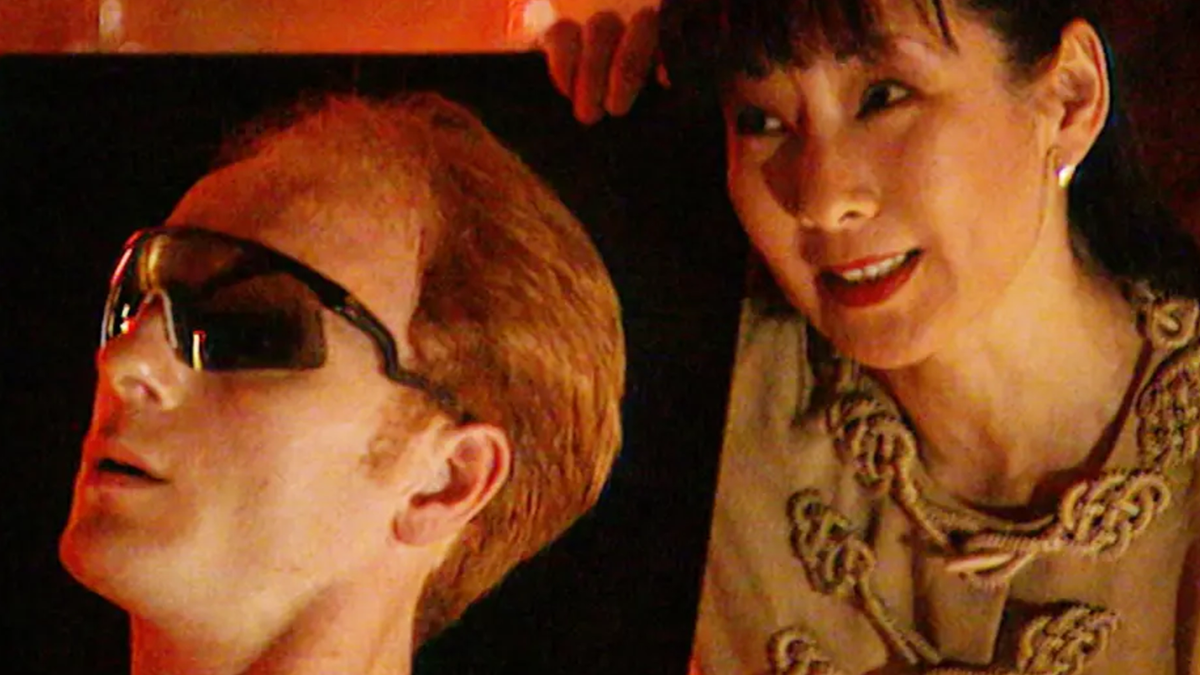A BBC show made a number of sweeping predictions about how life would look like in 2025, but how many did they get right?
Tomorrow’s World was a British show that focused on the developments in modern science and technology, which ran on the BBC from 1965-2003.
But back in 1995, the show made a number of world-changing innovations that would happen by this year. It’s always fun to look back on what people thought would happen, and how off the mark they may have been.
To mark their 30th anniversary in 1995, the programme made a number of predictions about the next 30 years – and here they are.
Tech advancements in the medical world
Tomorrow’s World predicted that a law would be passed by 2004 that would make British hospitals publish their surgeon success rates, making top-performing doctors popular and even more well-paid.
They said that this would mean that they wouldn’t travel to see patients, resulting in people appearing in the operating theatre as a holographic form of themselves, where doctors would ‘operate’ on them with ‘special gloves’ elsewhere.
These gloves would be controlling a robot perfectly copying the doctor’s movements.
Were they right?
Though it may sound like a good idea, no holographic patients are being operated on, but robots are now helping with certain surgeries and other medical procedures, like giving birth.
The health world will likely continue to benefit from technology.
They predicted that the internet might become monopolised (Getty Stock Photo)
Cyberspace riots in 2005 and digital terrorism
Internet use was becoming more common among the general population in 1995, though there was the fear of it bringing on a number of cyber attacks and a number of safety issues with it.
They also said that ‘business barons’ would ultimately have control of the internet by the turn of the millennium and rename it as the ‘supernet’, limiting its access, according to the BBC.
In fact, Stephen Hawking stated on the show that ‘the internet is a bit like the ocean when life first developed’, adding that there may be a point where we can’t ‘switch the internet off’, and would then lose control.
Were they right?
Luckily, the internet has remained mostly free to use, while a monopoly has not been put on its use by ‘business barons’, though hacking and cyber security has become an issue.

Maybe the show thought that asteroid mining would look like this (Getty Stock Photo)

Maybe the show thought that asteroid mining would look like this (Getty Stock Photo)
Asteroid mining and space junk
The show thought that asteroid mining would be a leading industry in 2025 worth billions, with firms sending out spaceships to land on asteroids to mine valuable metals.
A good idea in theory that has been discussed before, however, they also added that commercial space travel would become a thing, resulting in junk being put in space.
The solution? A foam gel that could be put into orbit that would slow down debris around our planet as it travelled through space.
Were they right?
Richard Branson aims to make commercial space travel real, though it hasn’t happened yet, and the space mining industry is yet to get off the ground.
NASA did manage to land a probe on an asteroid though, which is a step forward. Space debris is an issue, but there isn’t a sure-fire solution just yet.
Banking with an implanted microchip
They theorised that people would bank with a microchip implanted in their arm, with a scene depicting the future showing a woman going to a bank with no ‘humans’ in it, withdrawing 100 ‘Euro marks’ from the bank with her chip.
Were they right?
This one was quite close as banking is becoming more automated, with some banks nowadays being solely online, while biometrics are a key security feature of accounts. However, the idea of scanning a microchip was wide off the mark.

Self-driving cars do exist, and are rising in popularity (Getty Stock Photo)
Floating heads to bring in virtual reality and spark speakers
A part of the show revealed a man in the future with a virtual reality (VR) headset with his wife and young girl in a futuristic take of London, with the floating head of a woman appearing from a ‘smart speaker’ to inform the man that it’s been a year since his holiday to something called ‘Indo Disney‘.
She then bizarrely suggests that he takes another holiday by taking a 40-minute ‘shuttle to Bangalore’.
Were they right?
VR is becoming increasing popular worldwide, but we haven’t mastered travelling that quickly or holographic smart speakers yet.
Cars that drive themselves
Tomorrow’s World believed that the world’s roads would be filled with self-driving cars by 2025, predicting that London’s motorway would be 10-lanes wide, as the government wouldn’t increase taxes on owning cars.
They also believed that people wouldn’t give their cars up for public transport, and with the advancement in technology, automated highways would be created to reduce traffic and congestion. Cars would take ‘z route’ and use sensors to stay the same distance from each other.
Were they right?
We’re still talking about self-driving cars today, and though they do exist, they aren’t common.
London doesn’t have a 10-lane super highway, but ‘smart motorways’ where sensors monitor traffic flow do exist, so it’s not too far off.

